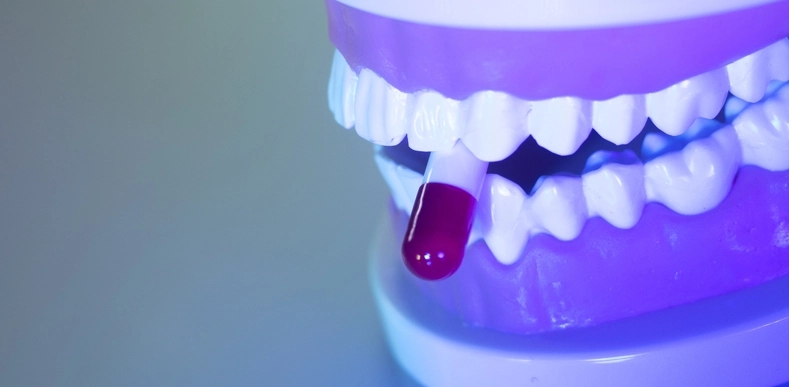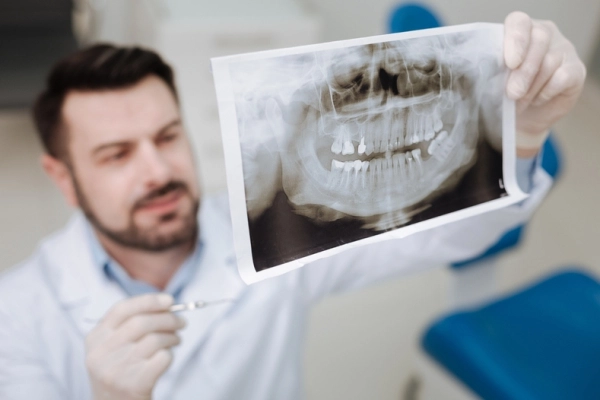How Dentists Can Help Fight The Opioid Epidemic

Dentists frequently prescribe opioids to manage pain after dental treatments. In fact, dentists prescribe these powerful pain relievers more frequently than nearly any other medical sub specialty.
Since opioids are highly addictive, the studies have shown that dental patients may be at increased risk for misuse and, possibly, opioid addiction.
As a result, dentists are coming under considerable scrutiny for their opioid prescribing habits. This article explores why dentists may be able to play a significant role in reducing the number of opioid prescriptions written and examines current prescribing practices and attitudes among dental professionals.
Opioid Addiction Stemming from Dental Treatment?
It is clear that physician prescribing habits have fanned the flames of the opioid epidemic. According to National Public Radio (NPR), 12 percent of immediate-release opioid prescriptions in this country are written by dentists. In 2012, dentists were the fourth highest medical specialty for opioid prescribing.
Ironically, it has not been until recently that dental training began including education on opioid prescribing and the link to addiction, according to NPR. This has led to a gap in understanding of the addictive nature of the pain meds dentists have been trained to prescribe. It has also led to a lack of awareness about drug-seeking behavior by patients.

DENTAL SCHOOLS HAVE BEGUN TEACHING ABOUT OPIOID OVER-PRESCRIBING.
A 2016 study in Substance Abuse surveyed dentists and found that although most dentists received training related to prescribing opioids, findings identified a gap in existing dental training in the
assessment/identification of prescription opioid misuse and diversion.
The next generation of dentists will join their colleagues on the front lines of the opioid epidemic. How will they be able to help in the war against substance use and addiction? What can dental schools do to better prepare dentists for the opioid epidemic and its devastating consequences?
How Can Dentists Help Fight Opioid Addiction
It seems that awareness has begun to increase in the dental community. Over the last year, dental schools have joined nursing and medical school in beginning to teach their students to use caution when prescribing opioids and how to monitor for drug-seeking behavior in their practice. NPR suggests:
“This next generation of dentists is not only learning about how to prescribe opioids appropriately but also about how to think about pain differently.”
Another study showed that dentists who received training and were aware of substance abuse and the connection to opioid prescribing habits were more likely to be aware of drug-seeking behavior in their practice.
Changing the opioid prescription habits of dentists certainly starts in medical school, so the fact that the curriculum is reflective of what researchers now know to be true about opioids is important. While it is harder to change the habits of dentists who have been in practice for a decade or more, many states are initiating prescription drug monitoring programs that help track physician behavior. These programs should be of great help to dentists looking to monitor their own prescribing habits more closely.
If you or any of your loved ones have become addicted to opioids after a medical procedure or injury, you do not have to suffer alone. Washington State drug rehab programs can help. Contact us to learn more about treatment options specifically tailored to your needs.




